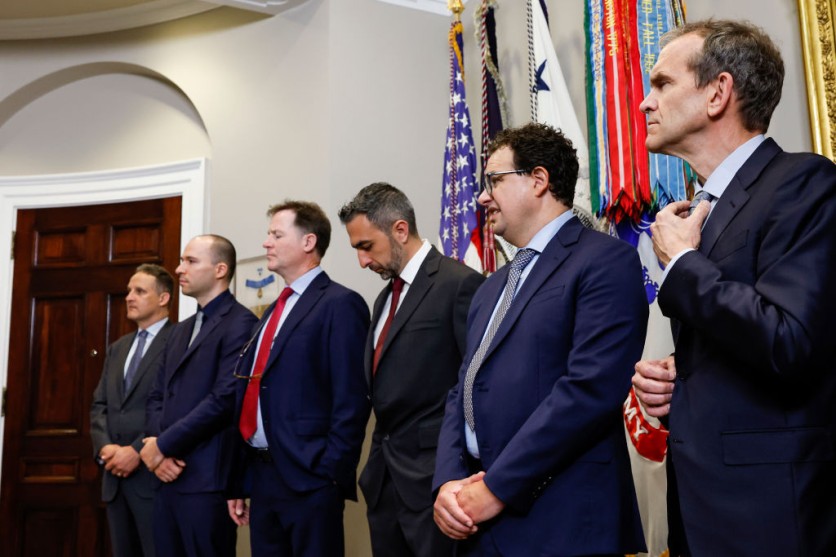In an effort to address concerns about manipulated content in political advertising, Google is requiring political ads to explicitly disclose the use of artificial intelligence (AI) in creating images and audio. This requirement is set to go into effect in November, just before the upcoming US presidential election.

Google's Worries
Google has updated its ad policy to counter the rising frequency of synthetic content. The update focuses on preventing the manipulation of digital media to confuse or mislead the public on political, social, or other subjects of public concern, with the goal of ensuring openness surrounding the use of AI-generated material in election-related marketing.
Read Also : Google Introduces Stricter Restrictions for AI-Generated Content in Political Ads Ahead of 2024 Election
New Policies
Google has updated its policies, mandating that political advertisements clearly state when they use synthetic material that imitates genuine or lifelike people and events. By giving viewers a way to easily identify information that has been intentionally made, the goal is to increase transparency.
The necessity of upholding the integrity of election-related information on its platforms is emphasized by Google's ad policy, which expressly bars making misleading claims that may damage public confidence in the political process.
The addition of AI disclosure in political advertisements is a continuation of Google's transparency initiatives, which also include disclosing the funding source and making information about the advertising available in an online library for public review, boosting transparency.
Measures for Misinformation
Election-related ad regulations stipulate that digitally changed information must be obvious and unmistakable, enabling viewers to recognize content made using AI. This accentuates how crucial making educated decisions during political campaigns is.
Recent events have highlighted the need for such measures by highlighting the potential for AI-driven disinformation and the manipulation of political discourse, such as a deepfake video featuring Ukrainian President Volodymyr Zelensky and a fake image of former US President Donald Trump being arrested.
Despite worries about the improper use of generative AI technology, Google is investing in technologies to identify and delete modified pictures and audio in order to preserve platform integrity and protect the democratic process from AI-driven disinformation.





